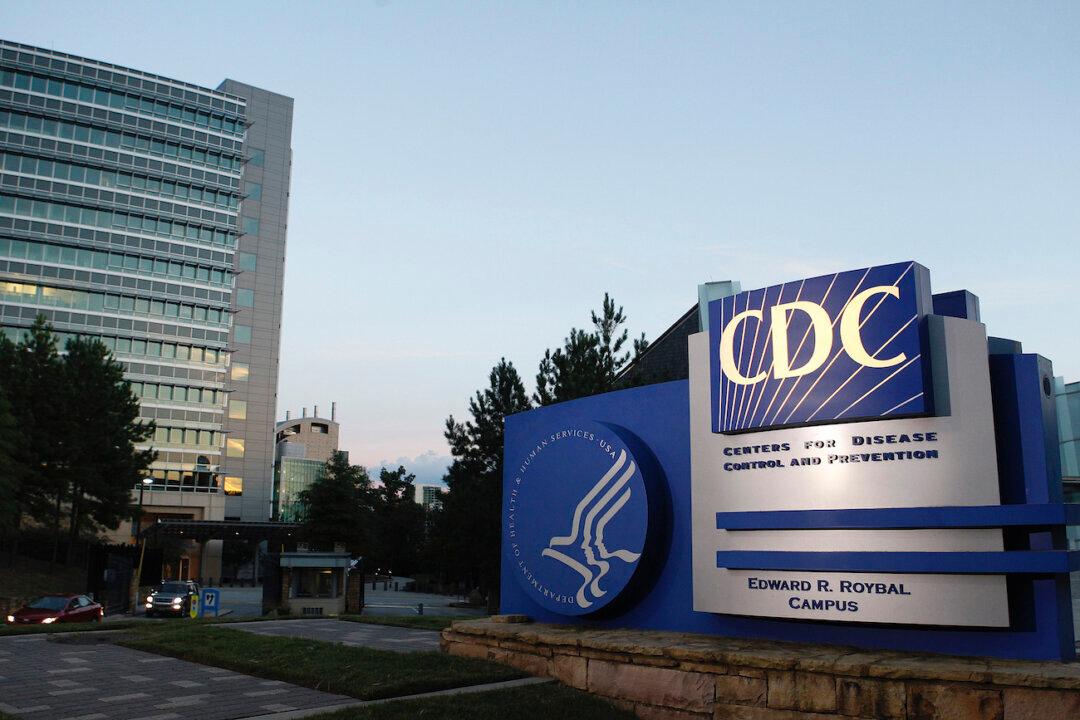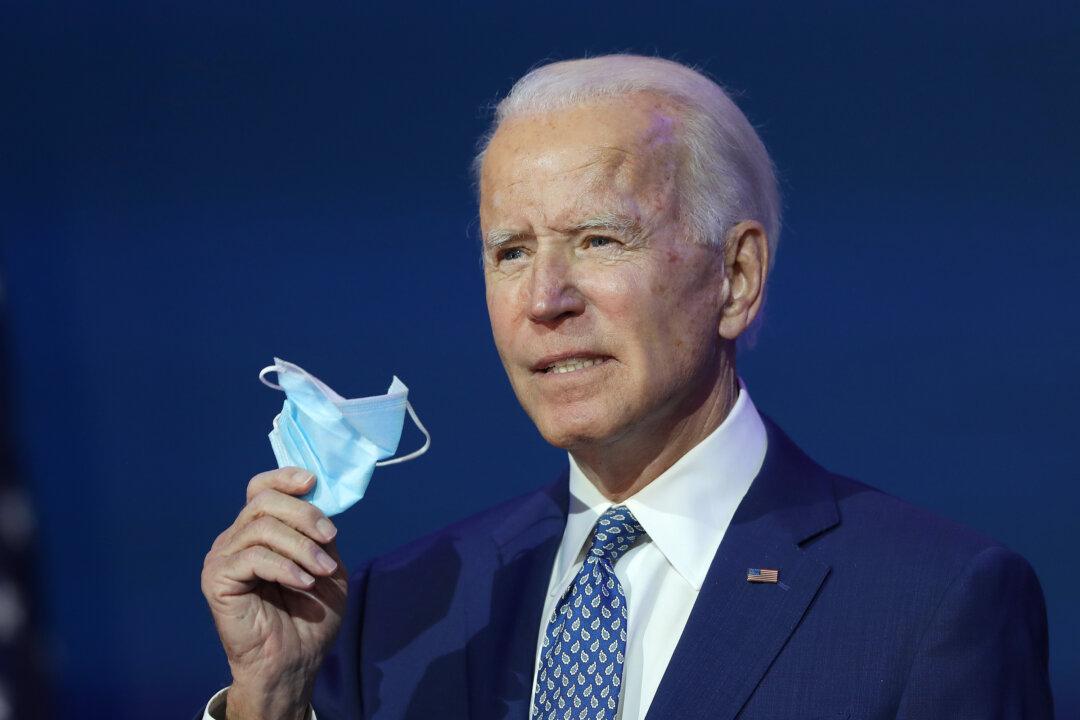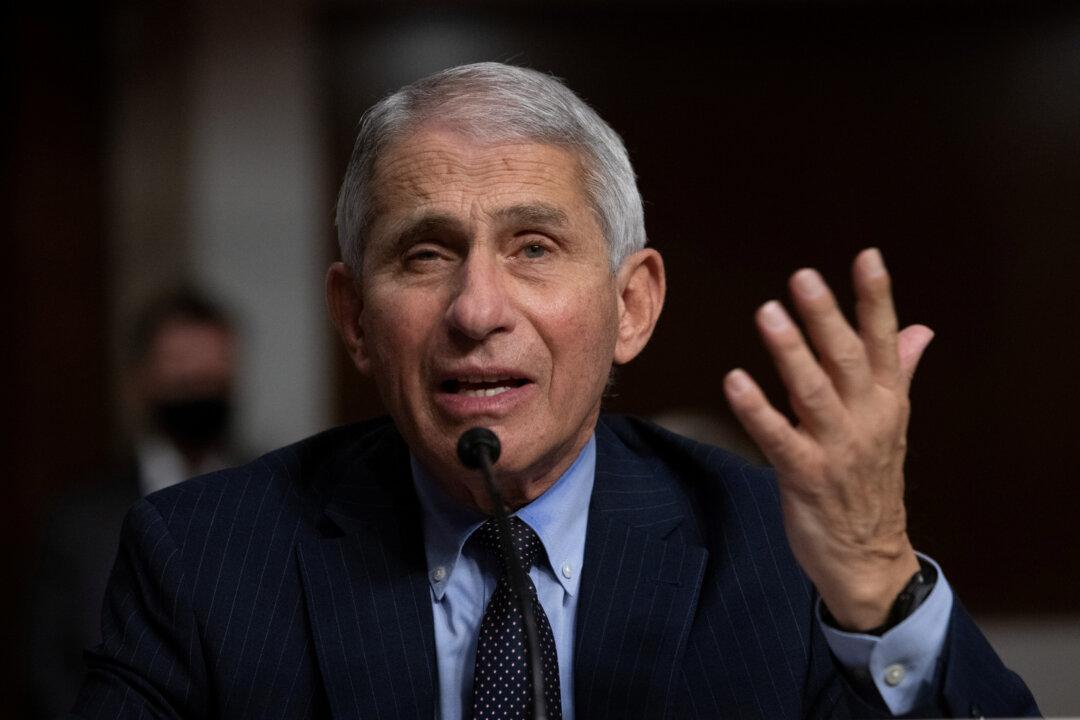The Centers for Disease Control and Prevention (CDC) issued a notice Monday saying that a draft document of its recommendations about how the CCP virus spreads was posted in error.
The CDC is now updating its recommendations, the statement said. The removed draft included two paragraphs that repeated similar but confusing statements.




